6, 13, 20 and 27 October 2017
Campus Luigi Einaudi, Lungo Dora Siena 100 Torino
in collaboration with  AIGI – Associazione Italiana Giuristi d’Impresa
AIGI – Associazione Italiana Giuristi d’Impresa
According to Neil J. Dilloff “Perhaps the most important skill for a young lawyer to develop is effective communication. From the initial job interview to the courtroom or conference room, almost everything an associate does involves some form of communication. Even when you’re not speaking, you’re still communicating through body language. To communicate effectively and create a positive impression on your listeners, whether they are partners, judges, clients, opposing counsel, or assistants” is essential for your job.
The course on Communication Skills for Legal Professionals is organised by the University Institute of European Studies (Istituto Universitario di Studi Europei – IUSE) and it is primarily intended for a small group of lawyers from the corporate sector or law firms and paralegals. The course is also open to law researchers, academics, young lawyers and law graduates.
The course is designed to develop participants’ language and communication skills in a legal context. The programme focuses on active speaking, writing skills and communication strategies.
Differently from other Legal English courses, the focus is on achieving an effective legal communications style that is correct, clear, concise and concrete.
Course description
Course description
The Syllabus includes a total of 24 hours of classroom activities, plus an e-learning platform, where participants have access to reading material, exercises, grammar notes and glossaries.
This skill-based course will provide participants with an overview of the most common strategies and tools necessary for effective legal communication.
The training includes a workshop on mock cases presented and discussed by an experienced lawyer.
The course adopts an interactive methodology where participants are requested to actively take part in roleplay, simulation, draft reports and clauses, present opinions and advice, work in pairs/groups and analyze case studies.
Participants will learn
- To be aware of body language and develop a keener perception of underlying messages, needs and intentions
- To use specific legal terminology with confidence
- To develop speaking and writing skills in order to present a case and confront objections
- To translate thoughts and opinions into clear, precise and concise English and achieve an effective written style
- To read and listen carefully. It is equally important to be able to listen to others in order to understand their issues and concerns
- To develop effective communication skills for meetings and negotiations
English level
Minimum English level required: B1/B2
Course material
Teaching and reading material will be made available throughout the course. On-line resources will supplement the course.
Key issues
Key Issues
Developing key performance strategies & tools
How can I work effectively in a second language, optimizing my skills and minimizing my weaknesses?
Legal presentations
What are my cultural values and how do they impact on my presentation style?
Presenting your case & handling objections effectively
What functional language do I need to bring people around to my way of thinking?
Effective communication skills for meetings and negotiations
How do I state and maintain my position, manage objections, remove barriers and overcome conflict and potential opposition in order to reach an agreement?
Making arrangements & building rapport
How can I create a collaborative environment conducive to agreement?
Achieving an effective written style
How can I achieve a style that is clear and concise and where my message is retained?
Legal writing standards and vocabulary
Do I have the necessary vocabulary to ensure every word of my legal opinion communicates precisely the advice I intend to covey?
Drafting legal documents, contracts, reports, memoranda, email
Do I have the techniques, language and skills to guarantee my work is valid, admissible and enforceable?
Applied listening tasks
Am I listening ‘well’? Do I have the listening techniques and skills to guarantee I can work with what I think I have understood? How can I be sure I haven’t misunderstood?
Teachers
Teachers
Teachers are
- an English trainer with consolidated experience in applied language teaching
- an experienced lawyer (for the workshop)
Minimum number of participants: 9
Maximum number of participants: 18

 AIGI – Associazione Italiana Giuristi d’Impresa
AIGI – Associazione Italiana Giuristi d’Impresa
